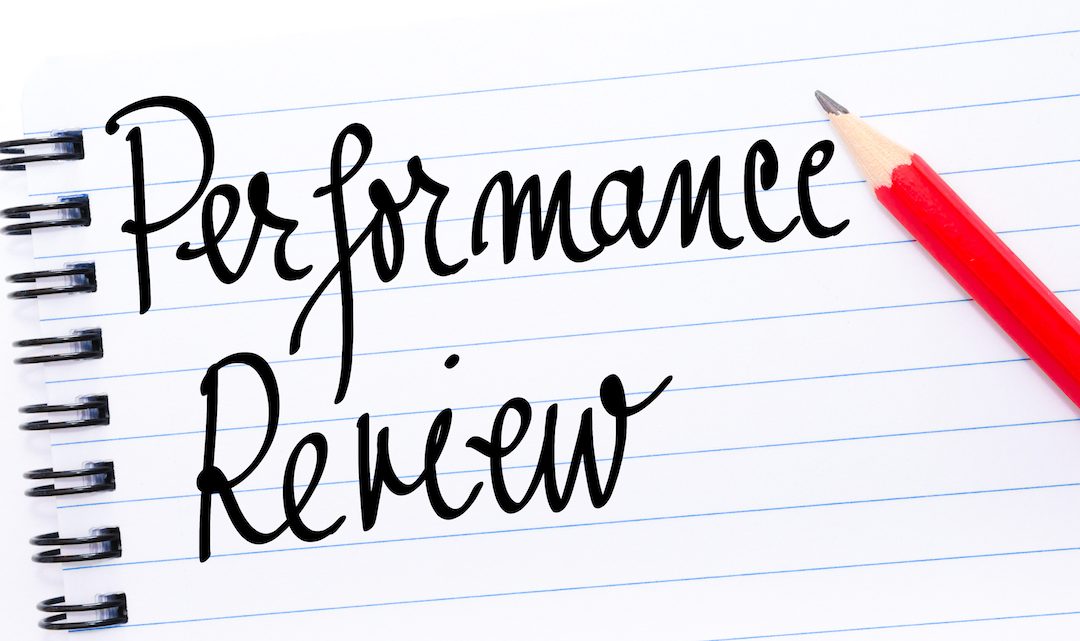Employers need their employees to perform effectively and productively in their roles. A functioning workforce is key to business success. What should you do if you have an employee who is underperforming? Here are our top tips:
- Make sure the employee knows what is expected of them. You can only manage performance effectively if you can point to clear communication of the requirements of the role. Job descriptions are a good starting point, together with a robust training and appraisal process.
- Don’t let issues fester. If a performance issue arises then discuss it with the employee straightaway.
- If an employee does not have eligibility to bring an ordinary unfair dismissal claim (i.e. they have less than 2 years’ service), then the employer may weigh up the risk and decide to move to dismiss without following a full performance management process. The unfair dismissal risk here is low but the employer should always check the surrounding circumstances for any risk that their decision could be challenged as discriminatory in some way – say, for example, if the employee is disabled.
- Check if there are any underlying reasons for a drop in performance before taking any formal steps. If an employee has previously been a good performer but has hit a dip, then there may be other issues at play. For example, ill health, caring responsibilities, bullying or harassment. These need to be investigated and supported.
- If the employee is or might be disabled and the employer is aware of this, then the duty to make reasonable adjustments kicks in and the employer needs to consider whether reasonable adjustments need to be made to any proposed performance management process.
- If a formal performance management process is necessary, then it should not take place in a vacuum. Employers need to be able to show that they have acted reasonably should the process end in dismissal. Setting clear performance targets, offering training and support are all things that the employer can do to support the employee through the process.
- A formal performance management process will generally involve the creation of a performance improvement plan against which the employee’s performance is assessed at intervals. Escalating formal warnings are issued if the employee is unable to hit the targets set. Acas recommends that at least two warnings should be issued before an employer moves to dismiss an employee for poor performance.
- It is not usually appropriate to dismiss an employee for poor performance without going through a structured performance management process first. The exception to this would be where the employee has committed an act of gross negligence. Such circumstances will be very rare.
- The employee has the right to be accompanied by a work colleague or trade union representative at any performance management meetings which could lead to a formal disciplinary warning or dismissal.
- The Acas Code of Practice applies to any ultimate decision to dismiss on grounds of poor performance. Employers should be aware of what the Acas Code requires. Tribunals can uplift compensation in any resulting claim by up to 25% if it is not followed.
Find out how we can help. Our partner, Jon Dunkley, heads the Wollens specialist Employment Department. Contact him today for an informal chat, without obligation on 01271 342268 or via email at [email protected].



